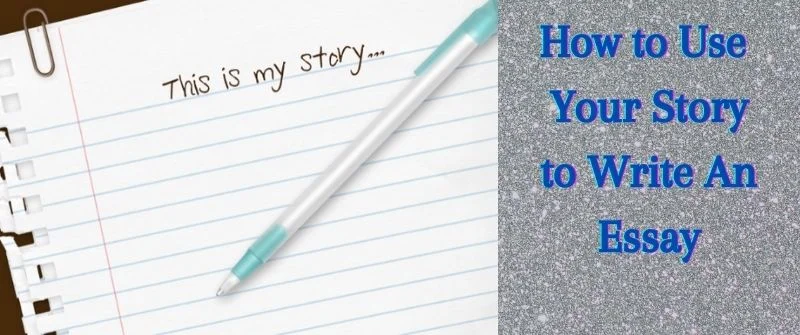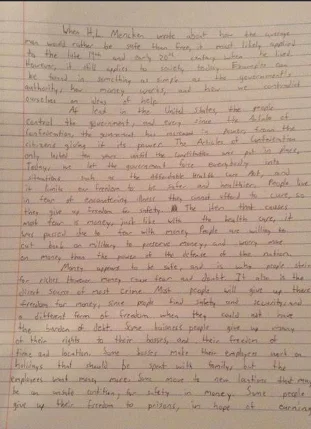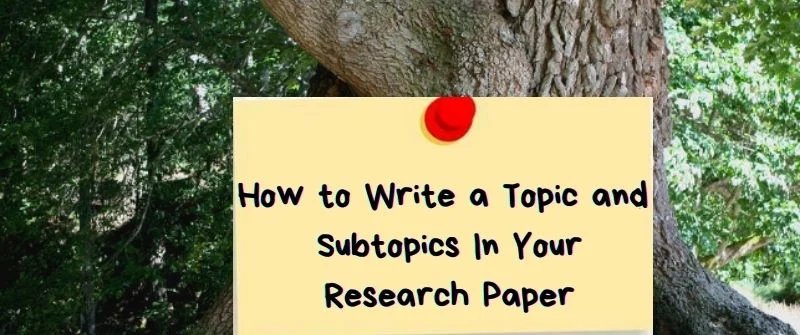Can an Essay be a Story? Short, Descriptive or Fictional one

An essay is a short piece of official writing that focuses mainly on a single subject. A typical academic essay consists of an introduction, which summarizes what to expect in the essay and incorporates an argument written as a thesis statement.
An essay also features a middle section that explains in detail the proof and suggestions that convince a reader to agree with the writer’s views.
Lastly, an essay ought to have a clear conclusion summarizing all the findings of the content discussed. A good essay focuses on a single idea, flows effortlessly, and has sensible organization.
Also Read: How to get IXL Answers: Tricks and Hacks How Students Cheat IXL
Can an Essay Be a Story?
Ideally, an essay can be a story if the contents are supposed to be a narration of an event, an experience, or life’s happenings relating to the author or a subject known to the author.
An essay can also be a fictional story in which the events are not real. However, most essays are narratives or descriptive of things related to the author.
A story essay or a narrative essay is where a writer has the chance to write about personal experience. The only thing that distinguishes it from other essays is that it follows a proper structure.
Moreover, this type of essay focuses on telling a story, while an ordinary academic essay has a deep narration of a specific concept, place, or object.

When narrating a story to the reader, focus on one particular perspective. The advantage a writer has is the fact that he or she can tell a real story witnessed in life or opt to be fictional.
A good essay story has sensory details that entertain the reader and make the story easy to understand.
If an essay has to be a story, the writer ought to come up with a particular point of view. Support all the claims made in the essay and endeavor to include precise information.
If your essay is a story, make use of good modifiers and vivid verbs.
A dialogue style of writing is encouraged to make it easier for the reader to engage and connect with your writing. In addition, you can add conflicts and sequences to your storytelling.
How to Write a Story as an Essay?
In a story essay, you have the opportunity to share your own story. Because you are giving your own experience, the story should be in first person. A typical story essay has an introduction, body, and conclusion. The following are outlined elements of the essay:
- The plot is mainly the incident or event you are going to base your story on. It should feature an orderly system of proceedings that your story involves.
- The setting of the story is the specific location where the event took place. Typical story settings can include a school, church, house, or the place where the action occurred.
- The characters or people who were involved in your events. In your story, talk about everyone involved, from the main character to the less involved ones.
- The element of conflict reflects the problems the characters in your events faced. If there was tension in a particular event, this reflects a conflict your story should resolve.
- The other element of your story is the theme that gives details of the whole purpose of the essay. The theme should also outline the main reason why the writer chose the topic.
1. Introduction

In your story essay, the introduction should tell the main story that will be discussed in the body.
With limited details, let your readers get a glimpse of what to expect. Simply introduce the topic with precise supporting lines and give the thesis statement.
2. Main body
After the author has gained the readers’ attention, they become eager to continue reading the main body, which is a decisive phase of storytelling.
Commence your story by unfolding the events that happened gradually. Here, your whole story should be outlined. For easier reading, you can discuss each idea in its own paragraph. Bear in mind that readers find it easy to follow storylines written in logical patterns.
3. A catchy Conclusion
Terminate your story essay with a very strong conclusion. The mood of your conclusion depends on the type of story you were narrating. Ideally, the conclusion should have all the key points summarized. Try to remind the readers of the principal message of the story, then leave them with a question to ponder.
Also Read: Do College Essays Need Title? Tips on How to Write Good Titles
Tips To Make Your Narrative Essay Exciting
A good narrative essay should guide the reader and not sum up everything for him/her. Here are basic ideas to make the writing more exciting:
- Focus on clarity and avoid the use of syntax and complicated words that affect the clarity of your essay.
- Let your writing not be too clinical. As such, the vocabulary and idioms should be the same as you can use in everyday speech.
- Without a doubt, a good narrative story is defined by the topic, especially one that the writer will be excited to write about. Create a good title that revolves around special life experiences or real-life events that you faced. Events that will entertain the reader and make them laugh are the best.
- Aim to have a passionate impact on your readers. A good narrative essay can be considered exciting if it connects to the person reading it on an emotional level. Even more importantly, narrate a unique story that is going to inflame an empathetic reaction from the reader. This is the only way he or she will be connected to the scene you are describing. Imagery, as well as vibrant descriptions, gives your audience a better picture of the story you are narrating.
- Anecdotes, tales, and dialogues cannot be ignored. Include them to give a clear picture of what the characters in the story said.
- Use transitional words like “however” and ‘therefore” to connect sentences smoothly.
Dos and DON’Ts of Writing Your Essay Story

Dos
- Make the subject you are writing fun. Since it is not an academic or investigation paper, connect it to your life and have fun writing it.
- As the lead character, write from your own perspective.
- Narrate all events as they occur.
- Be honest and avoid exaggerating events in your story.
Don’ts
- Avoid the use of second person narrative because you experienced the events you are narrating
- Do not include citations when writing a story essay because it becomes disruptive. Simply explain your story and avoid referring your audience to your aforementioned statements.
- Do not go beyond the length limit. In essence, a writer does not have any reason to go beyond the stipulated word count in essay writing.
Also Read: Chegg Plagiarism: Review of Chegg Plagiarism Checker and its Service
What Makes A Narrative Essay Different?
Here are key points that make a narrative essay different:
- The writer is the storyteller. You simply tell a story you selected and avoid making an argument.
- They can be derived from fairy tales, jokes, movies, and stories.
- They include elements of plot, theme, character, and conflict.
- A personal narrator style of writing is used.
- A narrative is more imaginative and not rational.
- Unlike short stories, a narrative type of essay is purely non-fictional.
In summary, a narrative essay analyzes a complete story, while descriptive and argumentative essays usually describe concepts, specific places, or objects. The ultimate purpose of narrative essays is to tell the reader a captivating story.
Unlike in other essays, in narratives, imagination is used more than reason. As a student, it is important to study carefully what distinguishes a narrative essay from the other types of essays. In this way, you will have a clear understanding of the purpose of writing.

When not handling complex essays and academic writing tasks, Josh is busy advising students on how to pass assignments. In spare time, he loves playing football or walking with his dog around the park.




